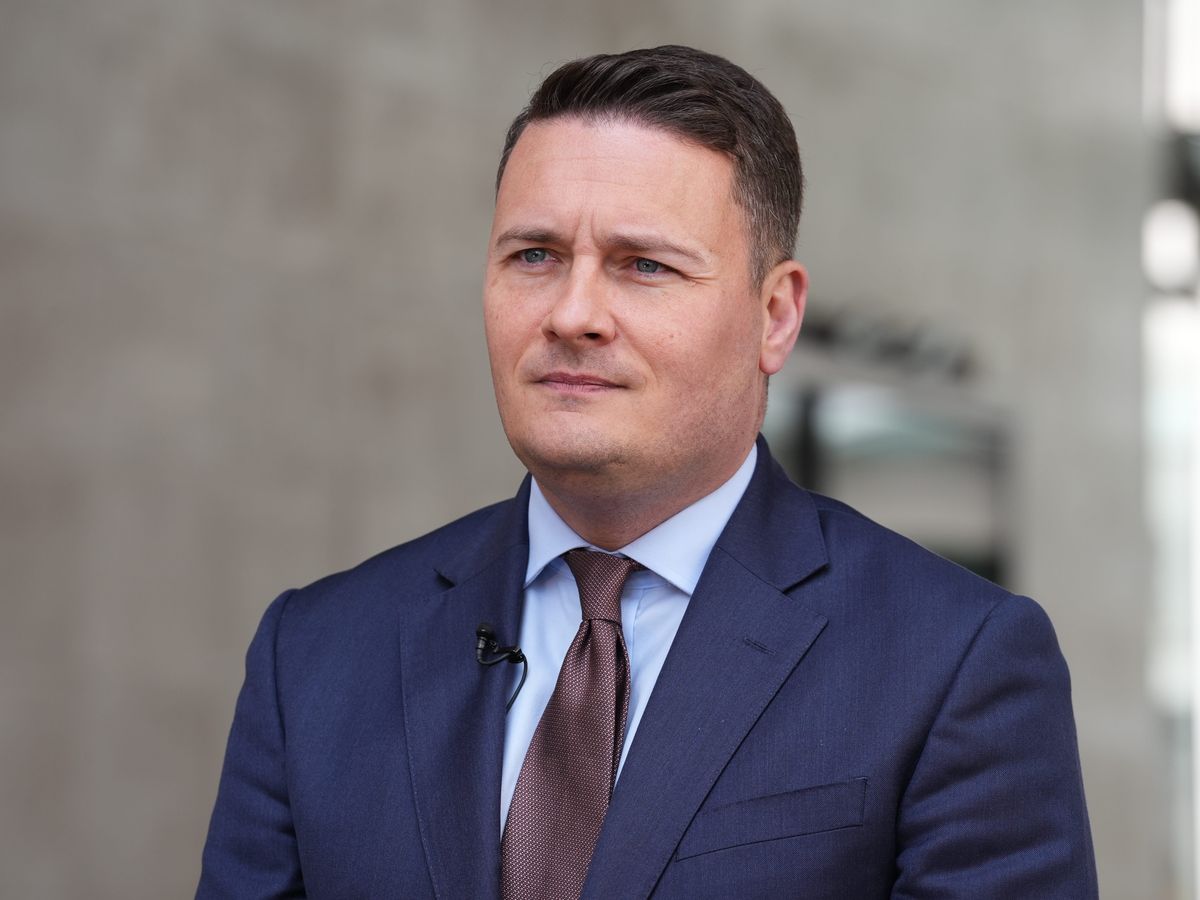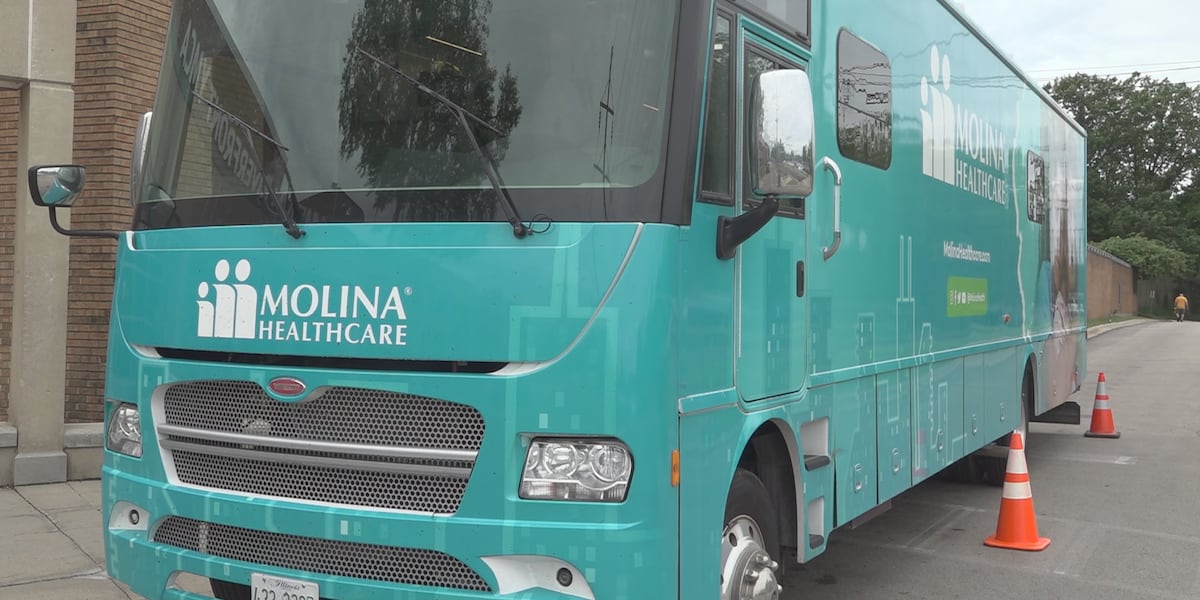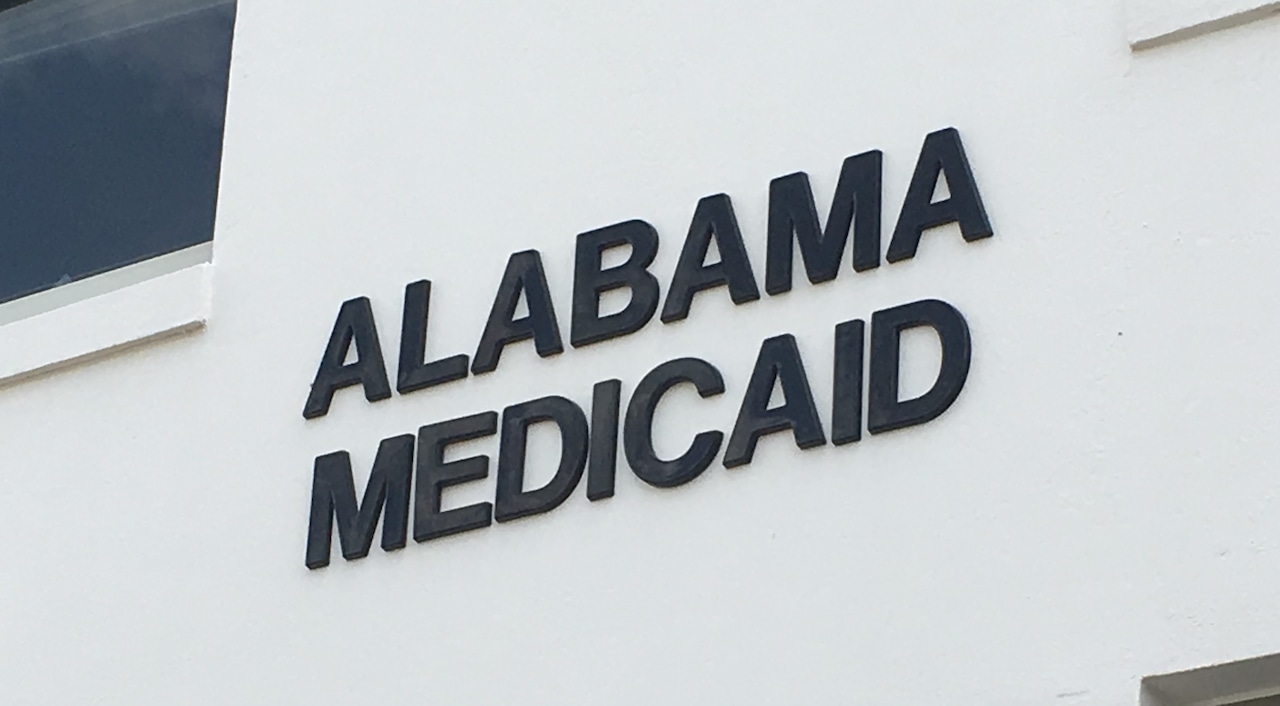Summary
More than 2 billion saved from wasteful NHS spending is to be diverted to working class communities that need it most, the Health Secretary will announce.
Source: Shropshire Star

AI News Q&A (Free Content)
Q1: What is the National Health Service (NHS) and how is it funded?
A1: The National Health Service (NHS) is the publicly funded healthcare system in the United Kingdom. It consists of four systems: NHS England, NHS Scotland, NHS Wales, and Health and Social Care in Northern Ireland. The NHS is primarily funded by the government through general taxation, along with some contributions from National Insurance and patient charges for specific services like prescriptions and dental care. The NHS provides the majority of healthcare services free at the point of use for legal residents of the UK.
Q2: How does the NHS plan to reallocate over £2 billion in savings to benefit working-class communities?
A2: The NHS plans to redirect over £2 billion saved from eliminating wasteful spending towards working-class communities. This reallocation of resources is intended to address healthcare disparities and improve access to medical services in these communities, ensuring that the funds are used where they are most needed.
Q3: What are the implications of transparency in NHS expenditure according to recent research?
A3: A 2025 study on NHS expenditure transparency highlighted that limiting transparency to larger transactions conceals a substantial portion of spending from scrutiny. This research aimed to understand expenditure at scale and improve transparency measures, suggesting that greater transparency could enhance organizational efficiency and reduce corruption in NHS spending.
Q4: What are the cost-effectiveness findings of elective surgeries in the NHS according to recent studies?
A4: Recent research found that elective surgeries within the NHS, such as hip and knee replacements, are generally cost-effective, with incremental cost-effectiveness ratios (ICERs) well below £20,000 per quality-adjusted life-year gained. These findings suggest that prioritizing certain elective procedures can be a highly effective use of NHS resources, especially as surgical waiting lists grow post-COVID-19.
Q5: What challenges does the NHS face in terms of balancing public and private healthcare provision?
A5: The NHS faces a social dilemma concerning the balance between public and private healthcare provision. A 2019 study indicates that increasing NHS spending on independent healthcare treatment has raised concerns about potential privatization. This underscores the challenge of maintaining patient choice and satisfaction while ensuring equitable public healthcare access.
Q6: How does the NHS's approach to healthcare spending influence global markets?
A6: The NHS's approach to healthcare spending, particularly in purchasing medications, has significant market power, influencing global prices and often keeping them lower. This impact is partly due to the NHS's comprehensive and centralized procurement processes, which other countries sometimes rely on for their drug reimbursement decisions.
Q7: What role does the NHS play in medical research and innovation?
A7: The NHS is not only a provider of healthcare services but also a major contributor to medical research and innovation. Through the National Institute for Health and Care Research (NIHR), the NHS conducts extensive research to improve healthcare delivery and patient outcomes. This dual role enhances its capacity to integrate new findings into practice, benefiting both national and global healthcare systems.
References:
- National Health Service
- The Cost Effectiveness of Elective Surgical Procedures with Longer NHS Waiting Lists: A Targeted Review.
- Nonlinear Rank Scaling and Hidden Structure in NHS Expenditure Transparency Data
- Pathways to Good Healthcare Services and Patient Satisfaction: An Evolutionary Game Theoretical Approach





